In what could be a harbinger of shifting music industry trends, Warner Music Group CEO Stephen Cooper said on Monday that revenue from licensing tracks to streaming services like Spotify outpaced income from digital download sales.
Cooper revealed the recent shift in Warner's digital music business during a quarterly earnings conference call, marking the first time a major record label has crossed the tipping point into streaming. Warner saw streaming income jump 33 percent in quarter two, while downloads from services like Apple's iTunes were down over the same period.
"This is an important milestone, and impressive considering the strong double-digit growth is coming on top of an increasingly significant base," Cooper said. "The rate of this growth has made it abundantly clear to us that in years to come, streaming will be the way that most people enjoy music."
Cooper expects streaming services to pave the way back to sustainable long-term growth for music labels, an elusive goal industry executives have been pining for since iTunes and iPod stormed the gates with digital track sales in 2003. At the time, labels were slow to adapt to the digital revolution, believing the halcyon days of lucrative physical media sales would return.
With streaming now a major movement in digital media consumption, industry players are more willing to take chances on new services for fear of being left behind yet again. Cooper said Warner is looking to boost uptake in streaming by experimenting with multiple platforms. The effort has so far been successful, with artists attached to the label like Ed Sheeran and Wiz Khalifa seeing streaming plays skyrocket into the billions.
Today's news comes amid rumors that Apple is working to launch a redesigned and rebranded Beats Music subscription-based streaming service. The company is supposedly in negotiations with record labels for new streaming license terms that could see cheaper monthly fees, exclusive music and extended free tryout periods.
Apple is expected to announce its branded streaming service alongside a reworked iTunes Radio offering at this year's Worldwide Developers Conference in June.
 Mikey Campbell
Mikey Campbell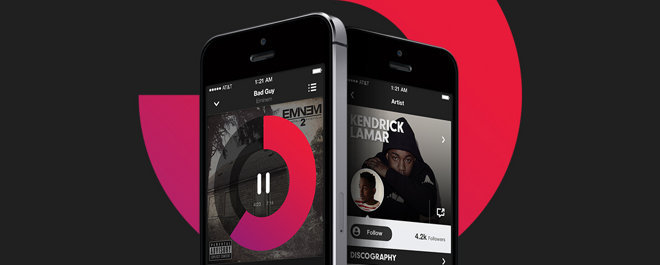




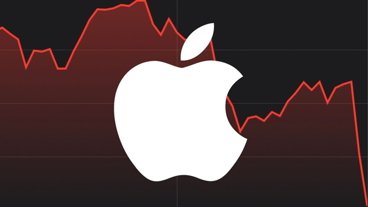



 Amber Neely
Amber Neely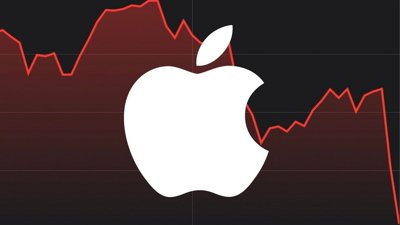
 Malcolm Owen
Malcolm Owen
 Andrew Orr
Andrew Orr
 William Gallagher
William Gallagher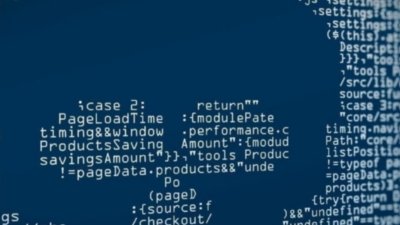

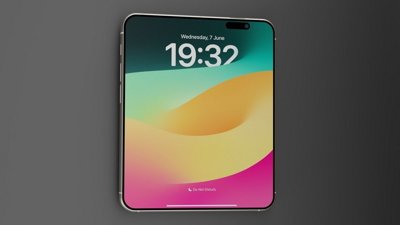

 Bon Adamson
Bon Adamson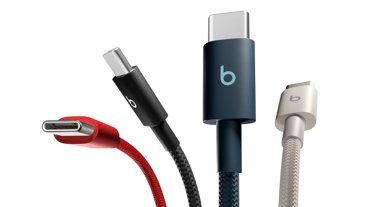

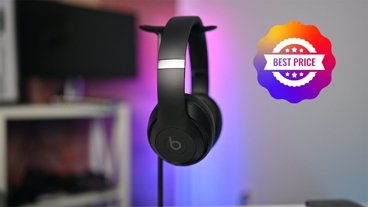
-m.jpg)






20 Comments
This is because the Myth that services like Spotify don't pay anything is complete B.S.!!! Spotify for example pays out about 70%. Tidal's big deal of 75% really isn't a big deal after all. A 5% difference is almost meaningless for most Artists unless you're one that's making a crapload of money. Just like a CD where the Artist gets a tiny fraction of the money of the CD sold, as in a couple cents, where the Label makes most of it, then the producer, and then the Song Writer, and way on the bottom is the Artist, unless you're like Jay Z with your own Label, then you get most of the money you made. That's not most Artists. http://www.spotifyartists.com/spotify-explained/
Warner is making money... but the services that stream their songs, like Spotify, are not. Articles like these make me wonder what the future holds for streaming music in general: "[I]Spotify financial results show struggle to make streaming music profitable - Its 15m paying subscribers helped Spotify to more than €1bn of revenues in 2014, but its losses are still growing faster than its income[/I]" Even if Spotify adds more paying customers... they will end up paying even more in royalties and distribution. Will it ever reach a balance?
[quote name="JBDragon" url="/t/186215/warner-music-sees-streaming-revenue-surpass-downloads-for-first-time#post_2722344"]This is because the Myth that services like Spotify don't pay anything is complete B.S.!!! Spotify for example pays out about 70%. Tidal's big deal of 75% really isn't a big deal after all. A 5% difference is almost meaningless for most Artists unless you're one that's making a crapload of money. Just like a CD where the Artist gets a tiny fraction of the money of the CD sold, as in a couple cents, where the Label makes most of it, then the producer, and then the Song Writer, and way on the bottom is the Artist, unless you're like Jay Z with your own Label, then you get most of the money you made. That's not most Artists. http://www.spotifyartists.com/spotify-explained/[/quote] What they fail to mention is that Warner and other majors own large shares in these services now and can control where the money flows. The get paid multiple ways by These companies but artist smaller labels and independents get next to nothing. Because these are setup like radio on demand you would expect there to be some real compensation to the songwriters. 12 cents on a dollar or 1.20 for each CD sold is a lot more than artist will ever get for the same exposure via this model.
[quote name="Michael Scrip" url="/t/186215/warner-music-sees-streaming-revenue-surpass-downloads-for-first-time/0_100#post_2722345"]Warner is making money... but the services that stream their songs, like Spotify, are not. Articles like these make me wonder what the future holds for streaming music in general: "[I]Spotify financial results show struggle to make streaming music profitable - Its 15m paying subscribers helped Spotify to more than €1bn of revenues in 2014, but its losses are still growing faster than its income[/I]" Even if Spotify adds more paying customers... they will end up paying even more in royalties and distribution. Will it ever reach a balance?[/quote] I wonder if part of the reason they're having a hard time staying profitable is because they're still expanding, building infrastructure, marketing...
[quote name="daveinpublic" url="/t/186215/warner-music-sees-streaming-revenue-surpass-downloads-for-first-time#post_2722380"] I wonder if part of the reason they're having a hard time staying profitable is because they're still expanding, building infrastructure, marketing...[/quote] Possibly. But I've heard VC people say that services like Spotify might never become profitable. It's just a very expensive business to be in. Spotify had €1.08bn in revenue... but they had to pay out €882m just in music licensing. And those costs are continuous... it's not something that you buy once and keep forever like a piece of equipment. Their biggest expense is the music itself.... and it's a huge expense. And even if they grow and add subscribers... their costs also increase with it. They may never outrun it.